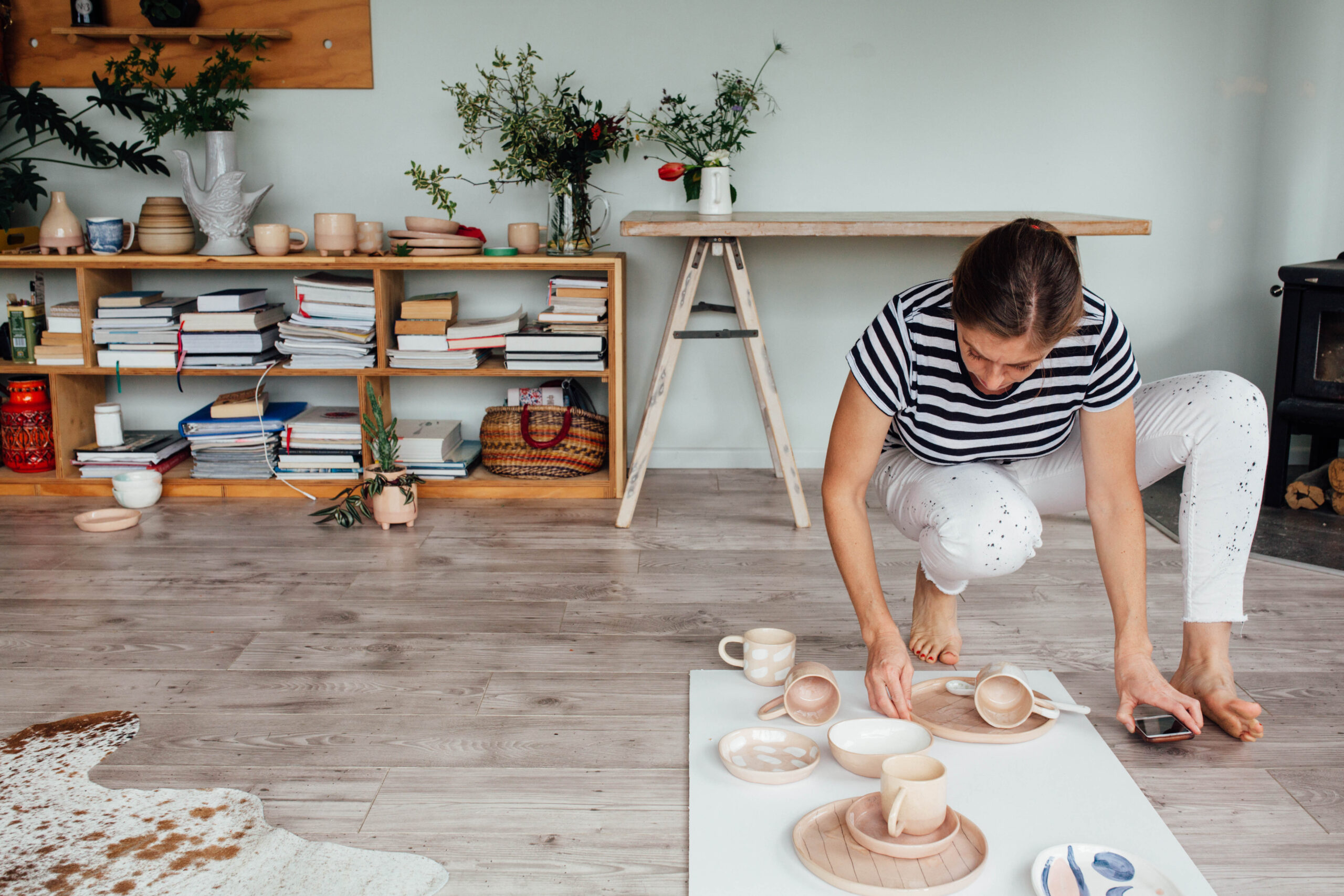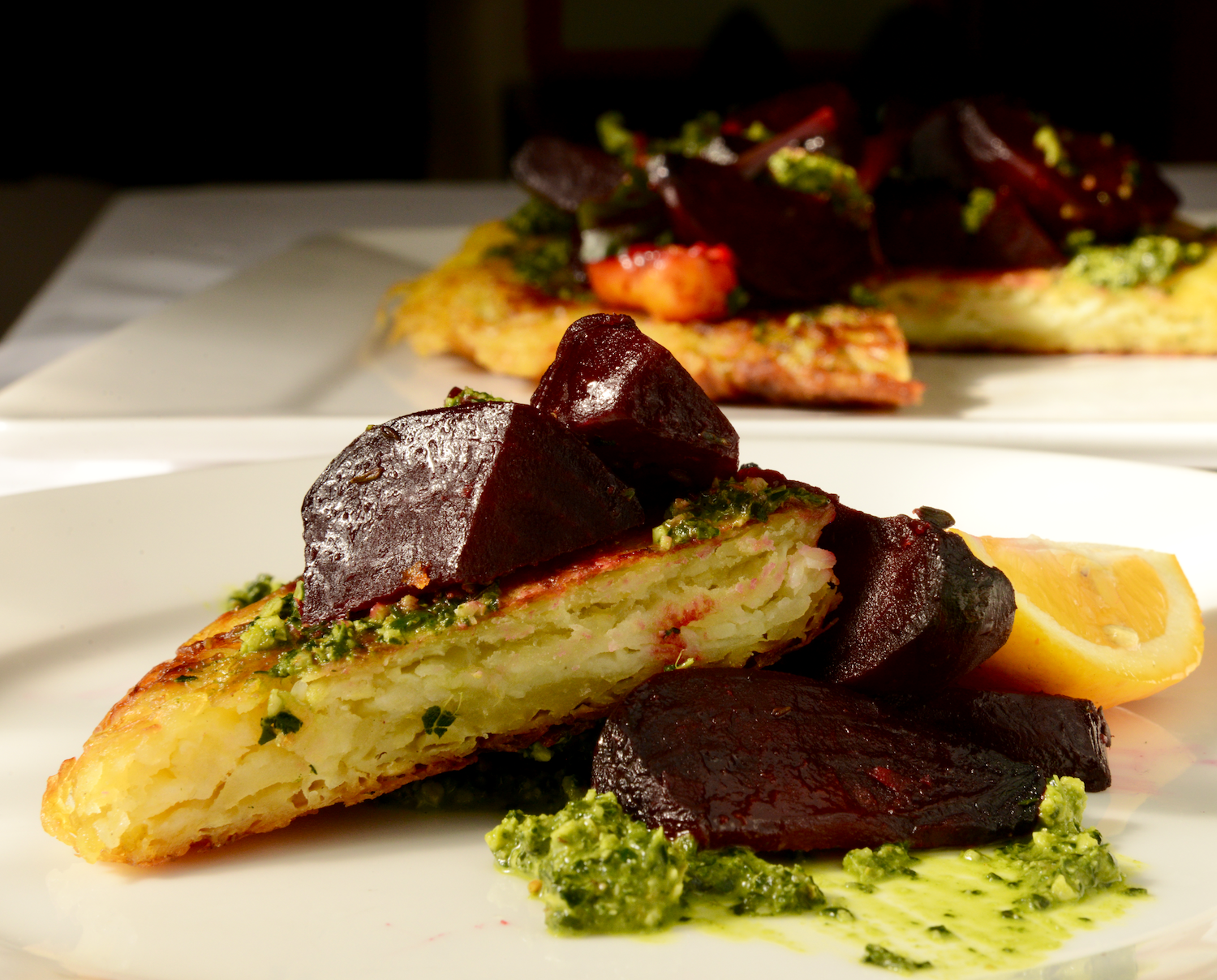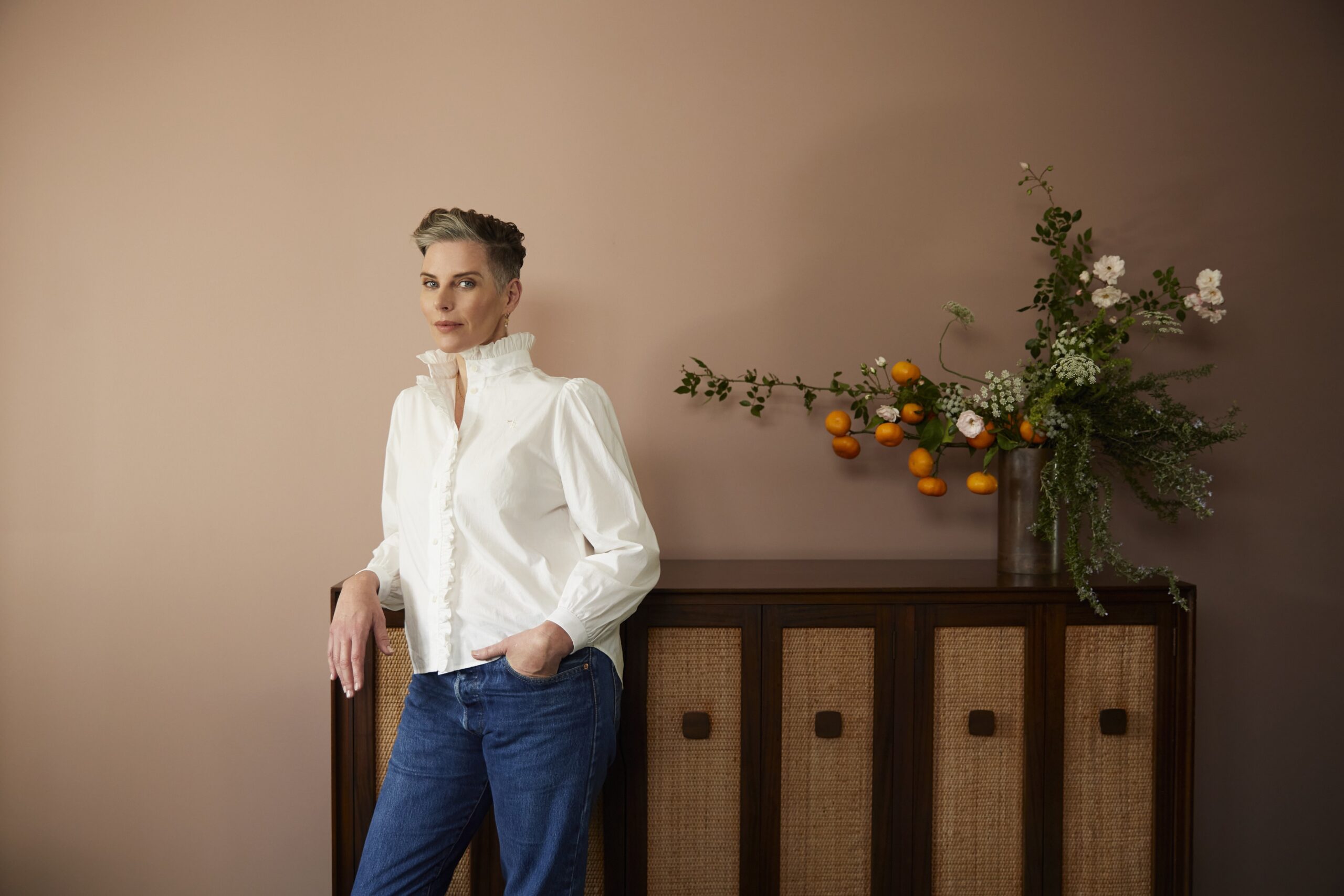Documentary maker Rebecca Tansley films the journey of the Royal New Zealand Ballet as they rehearse and perform a production re-imagined from Jane Campion’s iconic film, The Piano.
Words: Emily Bell
It’s incredibly rare that ballet as an art form breaks free of the fourth wall, a theatrical term when characters do not address the audience directly. That’s what makes Rebecca Tansley’s documentary so groundbreaking. Stepping into the rehearsal room and beyond the stage, Tansley follows the theatrical production of The Heart Dances: The Journey of The Piano, a ballet that is undergoing rehearsals by the Royal New Zealand Ballet. It’s a production lead by Czech choreographer Jiri Bubenicek and his brother Otto, who have lead affluent ballet careers in Europe.
The ballet is based on Jane Campion’s groundbreaking and Oscar winning film,The Piano, released in 1993. Set against a New Zealand backdrop, it is a Shakespearean tale of sorts with major themes of love, loss and violence. They are universal themes that are applicable to relationships, no matter the century. Through her film, Tansley demonstrates how ballet is the idyllic platform to capture these raw emotions. I caught up with Tansley to discuss the filming process and what was important to consider when bringing a staged production to the big screen.
Tell me about how the process began.
I should say I’m not a huge ballet-goer. I’m a consumerist, if you like, of ballet on and off over the years. My friend worked for the Royal New Zealand Ballet at the time when they were just starting to plan the production. It was all very hush hush. He had an inkling I would be interested in the story and I immediately knew it would make a great documentary.
What was it like working with Otto and Jiri – how did they come on board?
Jiri had the idea to make a ballet based on The Piano. Otto and Jiri had long and illustrious careers in Europe as ballet dancers themselves, and then they retired and moved onto other opportunities which often happens in the dance world. Jiri had moved into choreography and works on ‘story’ ballets as he is drawn to dramatic tales. He has always loved The Piano. To begin with he originally choreographed a short version of the story with Otto in Germany that was 40 minutes long. The Royal New Zealand Ballet heard about it and approached them to come to Aotearoa to stage a longer originated ballet. That’s where we came in. I went over to Europe at one point and met with them to ask what they would think about filming the process.
It’s interesting how it was shot.
I always envisaged there would be a lot of movement in the camera work because it’s a dance film. So, it didn’t make sense to have a stationary camera. I knew it would be challenging to follow the dancers, we had to be very mobile. We also needed more than one camera to make it possible to edit sequences of dances where there’s movement involved. That dictated a lot of the shooting style.
There were a lot of people involved. How did you orchestrate the filming?
In terms of the number of people involved and how that impacted, from my point of view it was demanding. When you make a documentary, it’s very much about the relationships you create and develop with the people involved; Jiri, Otto and the Royal New Zealand Ballet as an organisation but also other individuals involved and the ballet masters who controlled the access to the dancers. That part alone is a big responsibility. There was a lot of negotiation regarding how we would film the final performance and to get the side stage shots. A huge amount of discussion went into how we would get a camera in the wings. The risks involved of something going wrong was high. You can’t have a dancer coming off into the wings and running into someone who has a camera. Those sorts of things were thought of and talked about a lot.
How do you think your audience will respond to this clash of using contemporary music over the top of alarming scenes of abuse?
Those sequences are some of my favourite parts of the show. I hope they take away from it what you have. When I was making the documentary, I became fascinated with the two dancers rehearsing. When you remove the context of the ballet, they just looked like illustrations of anyone’s relationships, whether you are drawn to one another or have argued. When we were editing, I said don’t just make a music video, be a narrative of people’s relationships. Anyone’s relationships, whether you have a good day or bad. That’s what they represent to me and that’s why The Piano is so relevant today.
Ballet lends itself to documentary.
It’s really confronting. People who love, enjoy and appreciate ballet will want to go and see the film, I hope, but I’m also hoping there’s more in it for people who aren’t necessary ballet fans. There’s so much about it that’s relevant beyond the world of ballet.
Did you go back and watch the original film before you started filming?
The Piano is probably my all-time favourite film. I watched it a few times before we started shooting, while it was still in development. I was always clear that this documentary was its own beast, but if there are people who know and have enjoyed the film The Piano, they will see little references to it throughout, which hopefully people will have fun spotting. I know that many of the dancers weren’t even born when the piano came out, so just as they discovered the film when they were doing this ballet, I hope there will be people who discover The Piano through this documentary.
Throughout the documentary, there’s visuals of waves and the Waka. What made you do this?
Otto talks about the challenges of bringing the New Zealand landscape onto the stage and his idea to project the waves onto the backdrop. So, I guess in some ways I was doing the same thing. I was bringing the New Zealand landscape – a key part of the story – into the film. Saying that this is clearly of this place. The story I’m telling is very much of this place. Also the analogy of the journey was very appropriate as everyone boarded the waka at the end.
Is the ballet going to return?
Many people have said they would love for it to come back, especially once they have seen the documentary. I hope that my film brings a new audience to the ballet production.
The Heart Dances: The Journey of The Piano opens in cinemas on April 4 2019.







